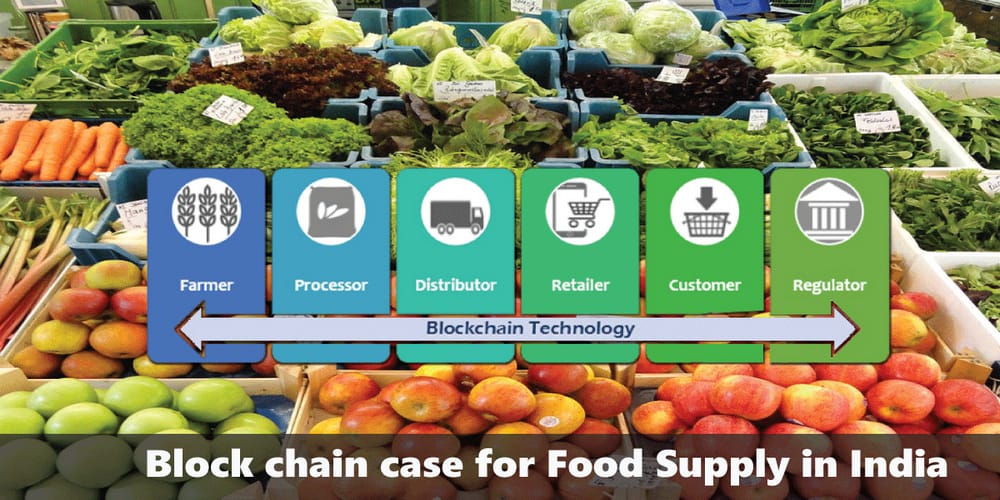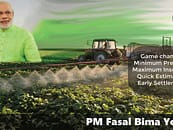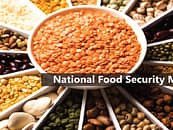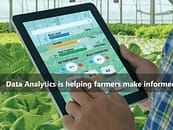Blockchain technology can be used to leverage and optimize food supply chain. Imagine entering a supermarket for fruits and vegetables shopping, you scan a QR code and every detail of the apple you’re about to buy is displayed right away. The details like seeding, watering, fertilization and deworming, storage conditions, transportation and anything else that might be indicative of the quality of the produce is at consumer’s disposal. Welcome to 2020! And thanks to technology like blockchain that has made this dream come true.
This remarkable system is put in place by Old Farmers’ Shopping Mall, an e-commerce company in Hubei Province of China. This method can efficiently avoid the fraud of dishonest merchants, and restore consumers’ trust in agricultural products from e-commerce and the suppliers.
Supply chain participants are vulnerable to fraud, with global food fraud costing as high as USD 40 billion annually and global trade in fake goods accounting for a staggering USD 500 billion annually. Without verifiable and data backed assets, low quality goods move in large quantities in the supply chains. The real cost of this to the end consumer is largely evident, with food security a growing concern.

Modern Agricultural Supply chain is facing many challenges at all stakeholder’s levels. The farmers are not paid duly for the commodities, buyers don’t have access to the flexible supply chain finance to pay the farmers due to lack of visibility and control while financing the commodities. Moreover, the end consumers don’t really know where their food and fibres come from thus restricting their ability to make informed purchasing abilities. Technology like blockchain has been able to address many of these challenges at various levels of Supply Chain.
BlockChain is not a new technology but we’ve often associated its utility limited to cryptocurrency. Blockchain is a Distributed Ledger Technology which is essentially a decentralized system for storing transactions and information with no risk of manipulation by the participants. When it comes to agricultural applications, it promises a reliable source of truth about the state of farms, inventories and contracts in agriculture, where the collection of such information is often incredibly costly. The blockchain technology can track the provenance of food and thus helps create trustworthy food supply chains and build trust between producers and consumers. With applications ranging from Crop insurance to Smart farming with IOT enabled tools, blockchain is not a thing of the future anymore.
Blockchain has proven results of reducing the processing time and fraud cases for crop insurance claims. Smart farming techniques that mainly rely on IOT technology require data as input. This data is prone to manipulation, defying the true objective of these techniques. To combat this problem, blockchain containing information from the stage of seed to that of sale is being utilised. The modern end consumers are aware and want to know what they’re paying for. The comprehensive information collection and sharing of agricultural products is a breakthrough in gaining consumer trust and satisfaction.
FocusAgritech’s Outlook for Blockchain Technology:
Needs more technological Advancements
Companies to Watch: Etherisc, Arbol, WorldCover, Wal-Mart, Alibaba, and JD.com have implemented blockchain food traceability projects and to track the entire process of food production, processing and sales.
Recent Article
Doubling Farmer’s Income by 2024







